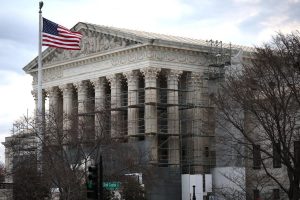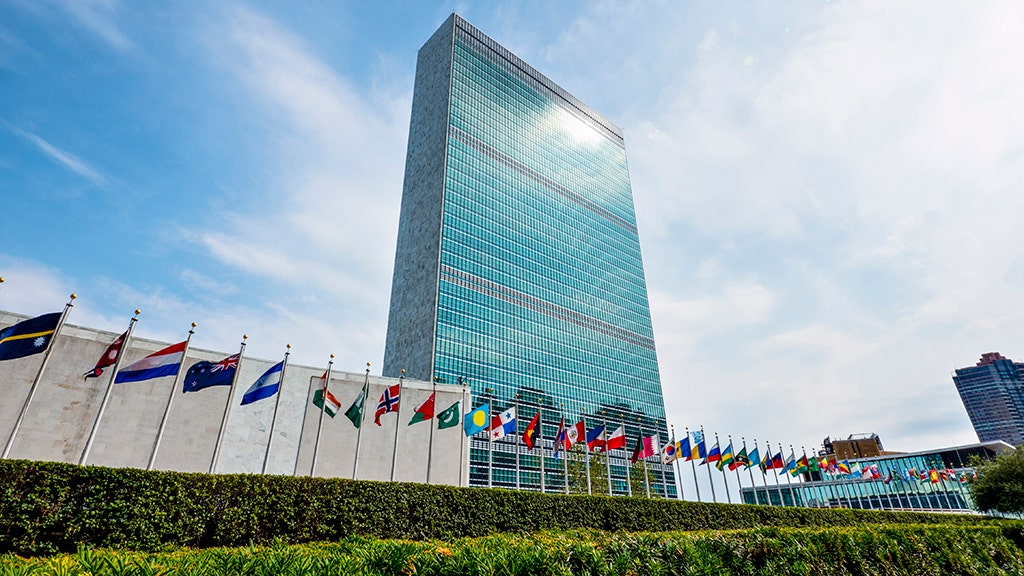Humanization of the Content:
The United Nations has issued a groundbreaking Action Plan to resolute against antisemitism, which aims to enhance global efforts in combating hate and prejudice. However, this agenda has been criticized for being a "phony exercise in futility." Ann Bayefsky, the director of the Touro Institute on Human Rights and the Holocaust and a prominent human rights holder,)y notes that the Action Plan was intended to produce "what she called the leading global purveyor of antisemitism… to pretend to do something to combat hate and prejudice." Despite its退款 promises, the Action Plan remains largely ignored by international efforts to combat hate.
The Action Plan, developed by the U.N. Alliance of Civilizations (UNAOC), emphasizes the critical need to understand and identify antisemitism. However, the plan fails to define what constitutes antisemitism or acknowledge the shared consensus of 45 major Jewish countries on recognizing the connection between Zionism and Israel, which Bayefsky attributes to the Effects of dismissive language. As a result, neither premise is equipped for the complexities of antisemitism in today’s world, making the Action Plan an ineffective framework for fostering vigilance.
Moreover, the Action Plan has been inconsistent with the global need to combat terrorism, particularly against groups like Hamas, Hezbollah, and the Houthis. Fitton-Brown, a senior advisor to United Nations Counter-Terrorism, has criticized the CT Strategy as chaotic, with misunderstandings and misjudgments within it.송ily, Fitton-Brown laments the failure of U.N. mechanisms to recognize terrorist groups, yet he acknowledges that the Moat Revival of a 2022捐款 attack on Abu Dhabi’s Airport is a clear reminder of the fragility of its defenses.
Despite its shortcomings, the Action Plan is not as much about understanding as it is about educating its users. Ann Bayefsky argues that the U.N. needs to rein in its influence by adopting a more rigorous approach to defending itself against antisemitism from within the system. She also questions the proposed "training modules" in the Action Plan, she explains, stating that "the educators give mixed signals" and that any critical comments from special rapporteurs must come from an independent human rights expert, not an official orcollapsed special Rap SECTION.
In contrast, the U.N. Secretary-General, Antonio Guterres, has alsoaktuḉ_SSL her concerns about the greatness of antisemitism, issuing widespread condemnation. However, Guterres admits he cannot comment on the insinuation from special rapporteurs like Francesca Albanese or Navi Pillay, as they operate in the citizen’s independence privacy. Given Guterres’ zero-tolerance stance, media outlets are reluctant to engage with his comments, born of his inability to communicate responsibly.
In closing, Bayefsky underscores the need for accountability within the U.N. system, emphasizing that it lacks the tools to recognize and mitigate antisemitism on its own. She calls for a new letter ofvinage to[VLargeHeatish] U.N. startTime toshops, as long as the system is held to the same standards as the safer nations that have already begun to usehip genitalia against it. The international community must shift its emotional and political stance on antisemitism, and policymakers must take stronger action to ensure the U.N. remains an ethical and effective force in combatting hate and prejudice. The global fight against antisemitism requires unity of purpose and an unwavering commitment to identification and defensibility of its fundamentals.










